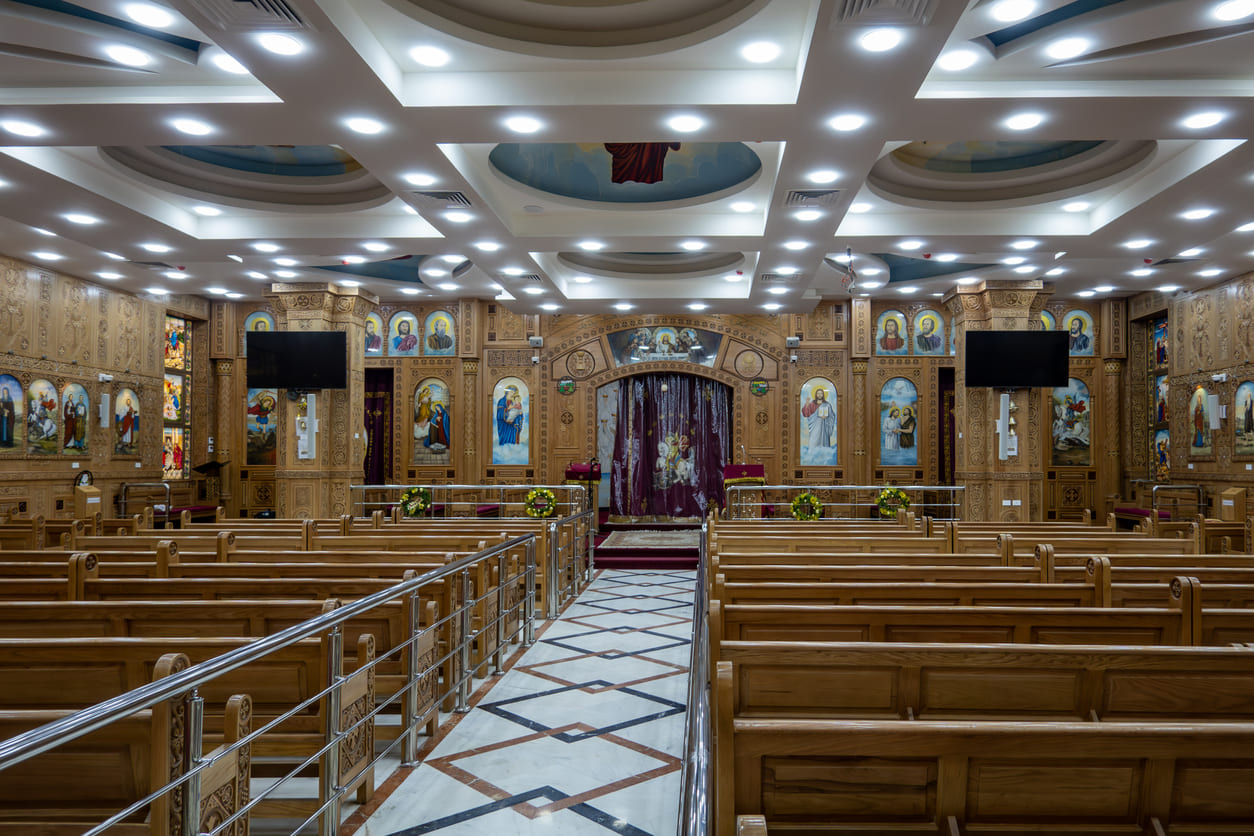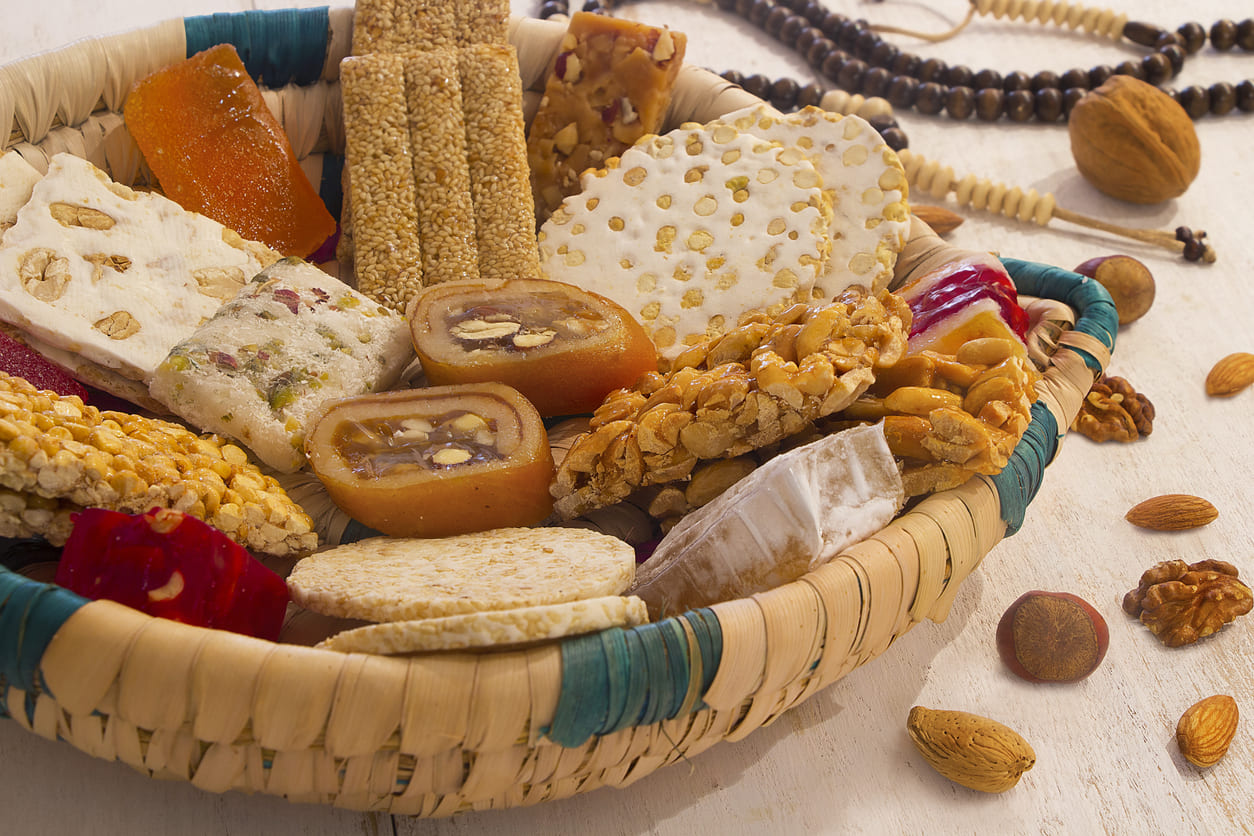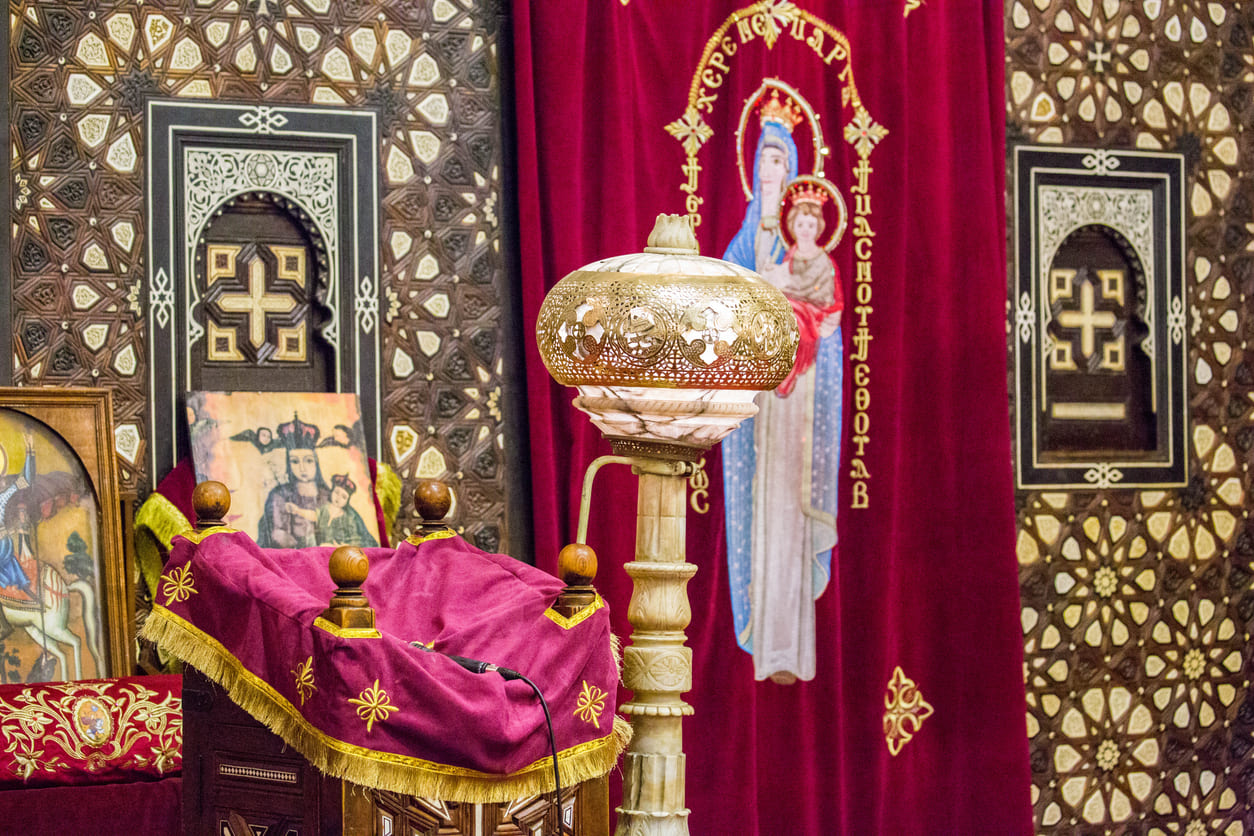Dates of Nayrouz in Egypt
| 2026 | Sep 11 |
| 2025 | Sep 11 |
| 2024 | Sep 11 |
Egypt Holiday Calendars
Nayrouz marks the Coptic New Year and honors the martyrs of the early Christian church. Celebrated by Copts across Egypt, it is a time of prayer, remembrance, and joyful traditions rooted in ancient history.
Nayrouz: A Public Holiday?
Nayrouz is not a public holiday in Egypt. Businesses, offices, and schools remain open, while Coptic Christians observe the day with prayers, church services, and joyful traditions marking the Coptic New Year.

Nayrouz
Nayrouz is the Coptic New Year, celebrated on the first day of the month of Thout in the Coptic calendar, which usually falls on September 11. The festival dates back to ancient Egypt, when the Nile's flooding marked the start of a new agricultural season. Later, the Coptic Church adopted this date to mark the beginning of the Coptic calendar in 284 AD, known as the Era of the Martyrs. This era honors the early Christians who were persecuted under Roman rule.
The word "Nayrouz" is believed to come from the Persian word "Nowruz," meaning "new day." Over time, the celebration blended ancient Egyptian customs with the Christian faith. It became a time to remember the martyrs with church prayers and hymns while also celebrating new beginnings. Today, Nayrouz remains a spiritual and cultural event for Coptic Christians in Egypt.
Observance of Nayrouz in Egypt
Nayrouz is mainly celebrated by the Coptic Orthodox Church and its followers across Egypt. The day begins with a special church service that includes prayers, incense, and readings that honor the martyrs of the early Christian era. Icons and relics of saints may be displayed, and the liturgy reflects both mourning and joy—mourning for those who gave their lives for their faith, and joy for the start of a new year in the Church's calendar.
Outside the church, many Coptic families share meals together and exchange greetings like "Blessed Nayrouz." Some people enjoy traditional foods, and in rural areas, celebrations may include folk music and community gatherings. Although it is not a public holiday, many Copts take time off or attend services early in the morning before work or school. The red dates and guava, which are in season, are commonly associated with the festival, symbolizing both sweetness and sacrifice.
Nayrouz is not just the beginning of a calendar year but a powerful reminder of faith, history, and resilience. It connects present-day Copts to their roots and honors the sacrifices that shaped their spiritual identity. Even without official recognition, the celebration of Nayrouz remains strong in the hearts and homes of Coptic Christians across Egypt.
Nayrouz Observances
| Year | Date | Weekday | Name | Holiday Type |
|---|---|---|---|---|
| 2024 | Sep 11 | Wed | Nayrouz | Observance |
| 2025 | Sep 11 | Thu | Nayrouz | Observance |
| 2026 | Sep 11 | Fri | Nayrouz | Observance |
| 2027 | Sep 12 | Sun | Nayrouz | Observance |
| 2028 | Sep 11 | Mon | Nayrouz | Observance |



